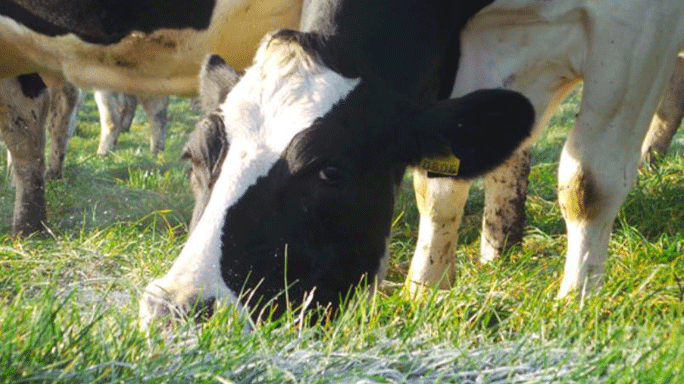The importance of Rumen Fluke

Liver Fluke is a well-understood parasitic infection in dairy and beef herds with accurate blood, milk and faecal sample lab tests available to confirm exposure to the type of fluke.
Despite Rumen Fluke residing in the same environment as Liver Fluke and having a similar life cycle, the clinical relevance of Rumen Fluke infection remains uncertain and diagnostic tests far from decisive.

The symptoms described above are not specific to Rumen Fluke and therefore, a diagnosis by clinical signs alone is unreliable. The detection of eggs in a dung sample confirms the presence of adult Rumen Fluke in the rumen. However, unlike Liver Fluke, these adults do not usually cause disease and so a positive Rumen Fluke egg count does not indicate that treatment is warranted. In the vast majority of cases Rumen Fluke are well-tolerated and no action is required. Rare clinical Rumen Fluke disease is usually due to large numbers of immature larvae in the small intestine. These stages of fluke do not lay eggs and cannot be detected by faecal egg testing but heavy infestations may be associated with poor thrive. It is important to distinguish between the mere presence of Rumen Fluke, which in the vast majority of instances has little or no impact on the cow, and clinical disease due to Rumen Fluke. Suspected clinical disease should be further investigated in conjunction with your veterinary practitioner. The routine dosing for Rumen Fluke is rarely justified, except on farms where severe disease and losses have been confirmed in the past. The aim here would be to use treatment in a strategic manner to reduce pasture contamination, in association with grazing strategy measures. Apart from the economic costs that arise from unnecessary use of any anti-parasitic drug, it is especially important to treat Rumen Fluke sensibly and sparingly, given that there is only one effective compound and products containing this compound are currently not licensed for use against Rumen Fluke. The development of resistant strains of Rumen Fluke must be avoided and there is a heightened risk of resistance if a single compound is used indiscriminately over several years. It is important that management of Rumen Fluke is undertaken as part of a comprehensive parasite control programme that covers Liver Fluke, gut worms and Lungworm as well as Rumen Fluke where indicated.
First Published 18 October 2022
Tagged with: Dairy